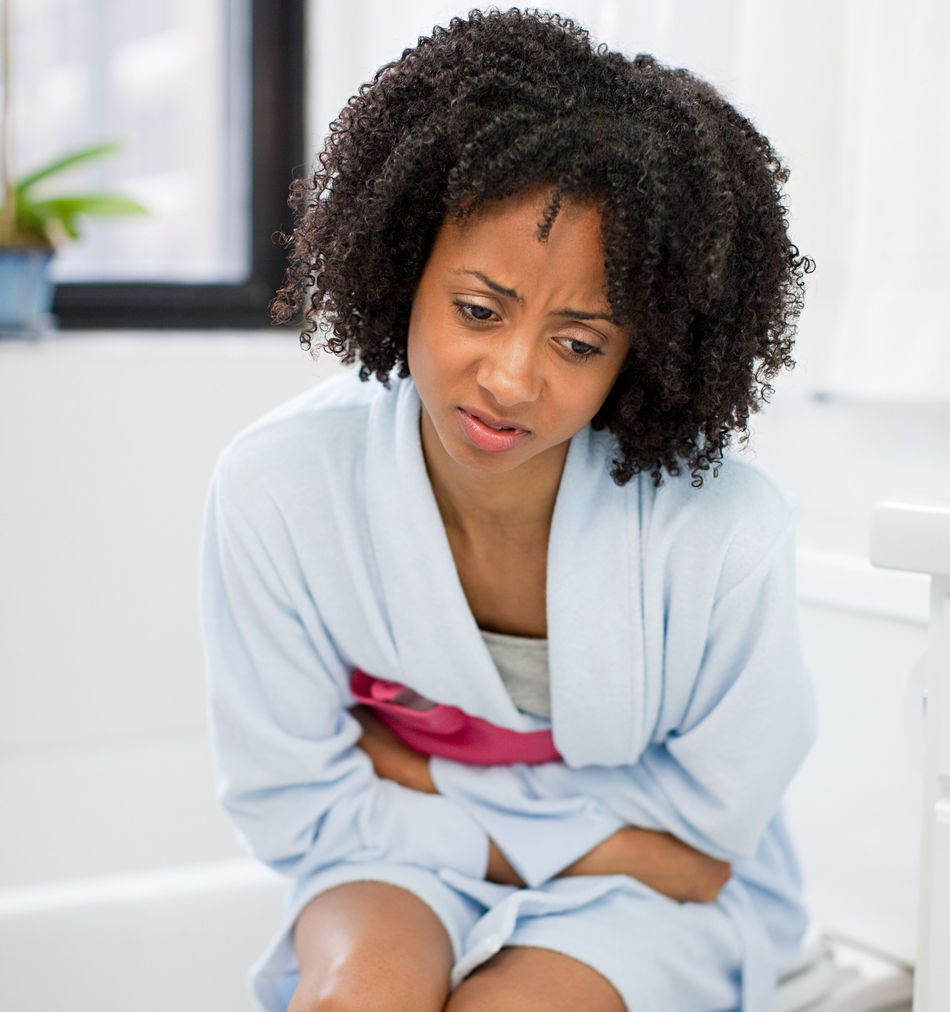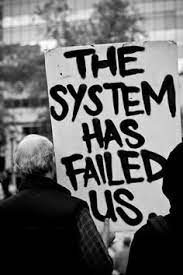
October is Breast Cancer Awareness month. This is a reminder to reflect not only on breast cancer but on women’s health in general. One central aspect of women’s health is menstrual health. As someone who tries to be both health and environmentally conscious, periods have been a big point of effort for me here.
As a 20 something woman who has lived in developed and developing countries, it is an unfortunate and undebatable fact that my ecological footprint is made higher by my period. Plastic waste from menstrual products is a huge contributor to landfill. Walking down the aisles of a typical pharmacy or grocery store here in Jamaica, my options for menstrual products are limited and quite frankly disappointing. There are many plastic pads. There are limited tampon options. And almost no alternatives to these two. On top of it all, a jarring percentage of products are chemically scented.
These types of menstrual products have a huge environmental impact not just because of the product itself being made primarily of plastic but the excessive packaging as well. As we know, it takes 500-800 years for the plastics like the ones found in pads and tampons to decompose. This means our garbage will be sticking around long after we are gone.
The negative environmental impact of these products is second to the negative impact on women’s health. Synthetic fragrances disrupt the natural pH of the vagina. The harmful petrochemicals, plastics, that these products are made of have well researched and documented negative effects on health. Especially because as women we menstruate for an average of 40 years, our exposure to these products is long term. Plastics restrict air flow to the vagina, making it an unbalanced and moist environment that yeast and other bacteria can thrive in. Many of the toxins contained in plastics used in menstrual products are known to build up in fatty tissue. That means they store in our bodies. Plasticizing chemicals like BPA (bisphenol A) and BPS (bisphenol S) disrupt embryonic development. They’re linked to heart disease and cancer. Phthalates, which give paper tampon applicators a smooth finish, are known to disregulate gene expression. These are just some examples of the negative effects of plastic menstrual products on women’s health.
There is good news. Jamaican women are taking control of their reproductive health and wellness in creative and powerful ways. As someone who tries to be environmentally conscious finding ways to cut down on waste, specifically plastic waste, I appreciate this effort. Some alternatives to plastic menstrual products include cotton pads and tampons, reusable (washable) period panties, menstrual cups, and reusable pads and liners.
Although the availability of these products is still limited, social media has made them easier to access. @simplyholisticcreationz a Montego Bay based entrepreneur has created a line of “reusable, budget-friendly sanitary products and household items”; she has an online shop and does island wide delivery. Tawana Johnson created Twistie Cups, a reusable menstrual cup sold in select pharmacies. These are just a couple of the options available to women in Jamaica as alternatives to plastic menstrual products. We must continue to stay aware and advocate for our health and bodies.



